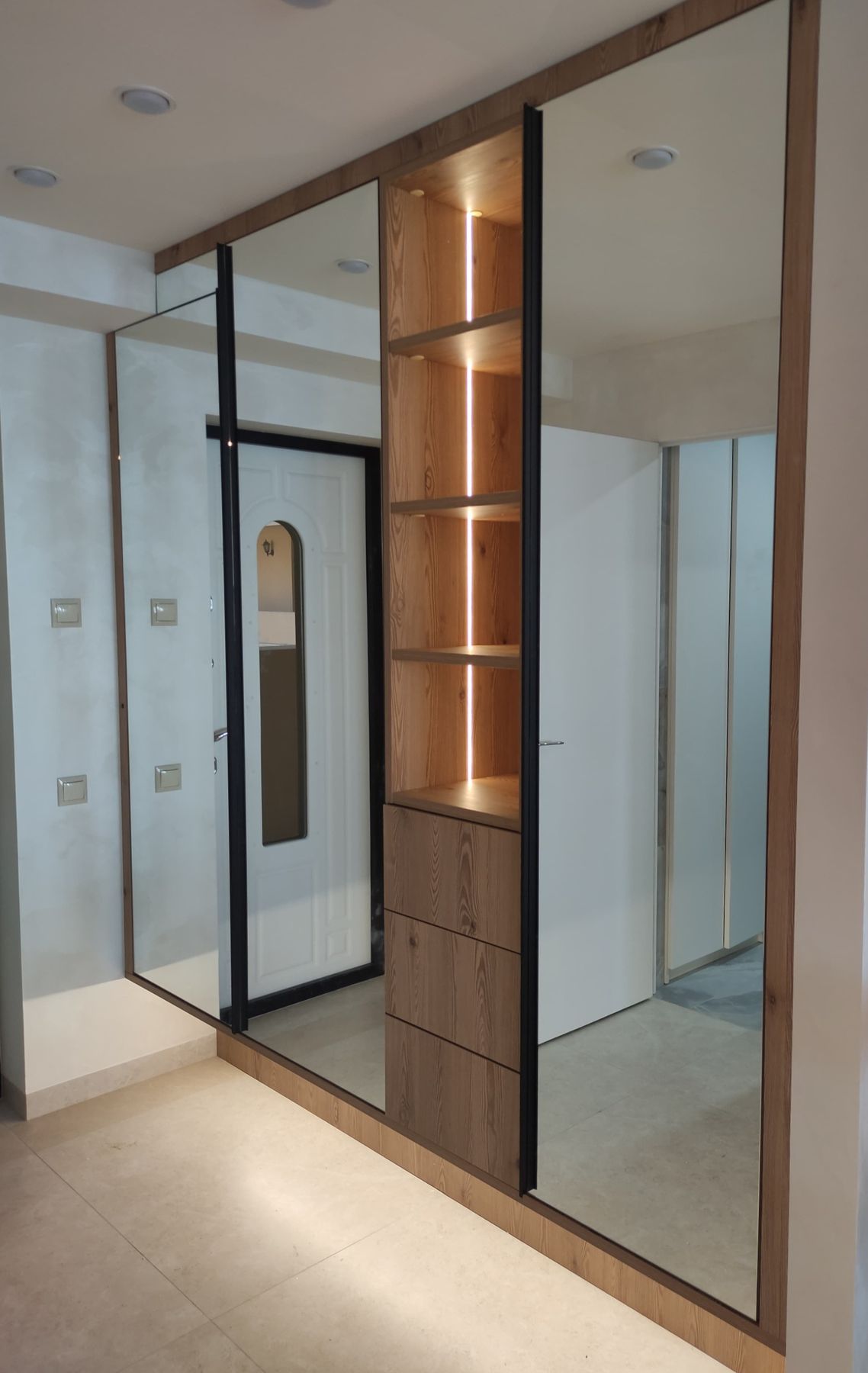
Culinary Spaces Redefined: How Modern Kitchens are Becoming the Heart of the Home
Introduction
The modern culinary space has undergone a transformation, transcending its traditional role as a mere location for food preparation. Today's kitchens are vibrant hubs of home life, where functionality meets conviviality, and aesthetics blend with innovation. Culinary spaces are being redefined as we embrace changing lifestyles, culinary habits, and design trends.
The Evolution of Kitchen Design
Kitchen design has steadily evolved from closed-off, purely utilitarian rooms to open-plan spaces that encourage interaction and entertainment. The incorporation of dining areas, workspaces, and lounging zones within the kitchen area facilitates a multifunctional environment, suited to contemporary living. We see the emergence of smart appliances, customizable cabinetry, and sustainable materials reshaping the culinary landscape.
Technology's Role in the Contemporary Kitchen
With the advent of smart home technology, kitchens are now equipped with devices that offer convenience and efficiency. Innovations such as Wi-Fi-enabled refrigerators, touchscreen cooktops, and voice-controlled assistants streamline the culinary process, making cooking and managing the household a more intuitive experience. Technology has also made it easier to maintain a clean and hygienic kitchen with advancements in self-cleaning ovens and touch-free faucets.
Social Kitchens: The New Living Rooms
The concept of the 'social kitchen' is on the rise, with designs focused on creating a welcoming space for guests. Large central islands, open shelving, and comfortable seating areas invite interaction and enable the host to prepare meals without being isolated from the conversation. Kitchens are increasingly mirroring the warmth and comfort traditionally associated with living rooms, signaling a significant shift in how we perceive and utilize this space.
Sustainability and Conscious Cooking Spaces
Eco-friendly choices are at the forefront of kitchen renovations and new builds. Homeowners are seeking out recycled materials, energy-efficient appliances, and waste-reducing solutions in an effort to curate environmentally conscious culinary spaces. From composting systems to herb gardens, the modern kitchen reflects a growing awareness of our impact on the planet.
Conclusion: The Future of Kitchen Design
As we look towards the future, the redefined culinary space continues to adapt to our changing needs and desires. Flexibility, innovation, and personalization will likely be the guiding principles of kitchen design, ensuring these spaces remain the heart of the home for years to come. Whether through interactive technology, sustainable practices, or social-centric layouts, the kitchens of tomorrow promise to be not just where meals are made, but where memories are created.
```